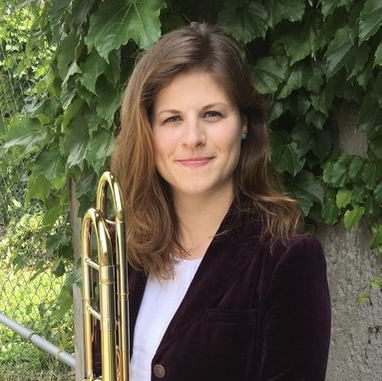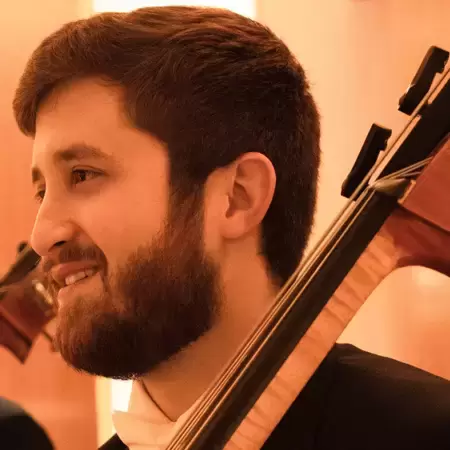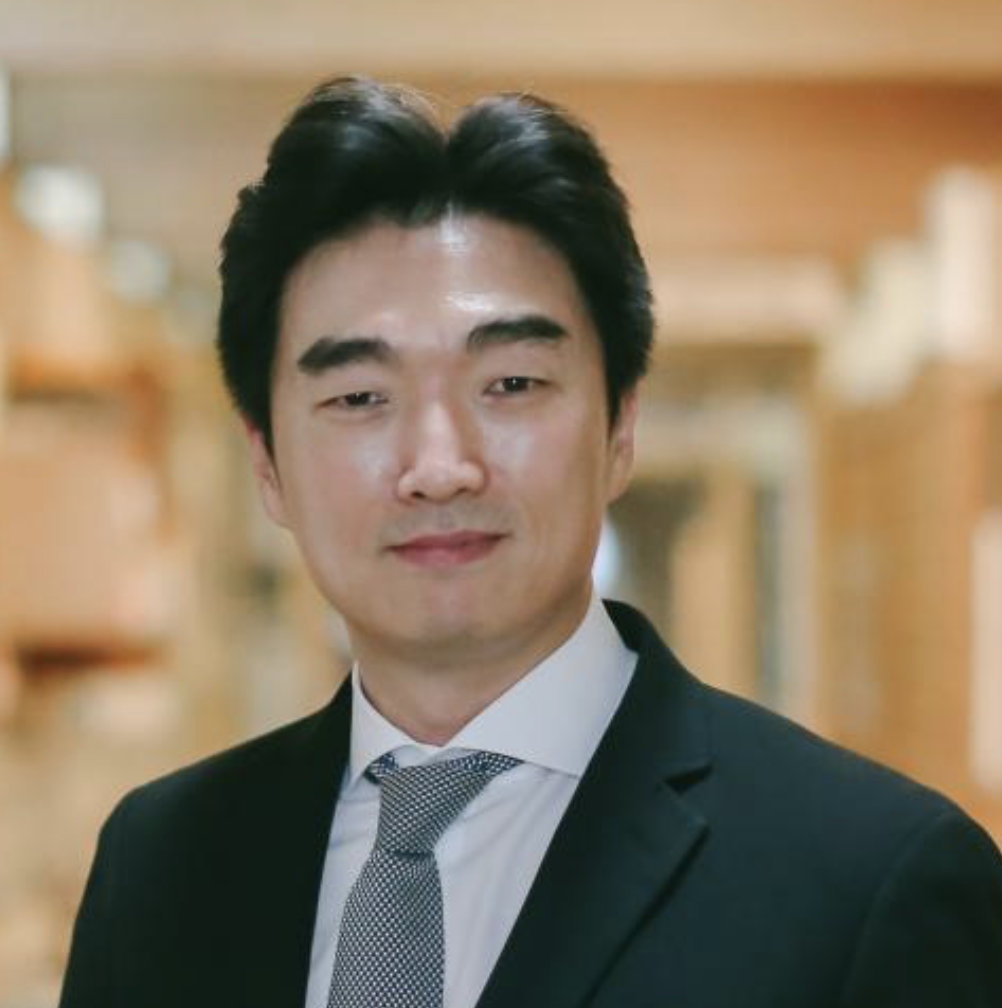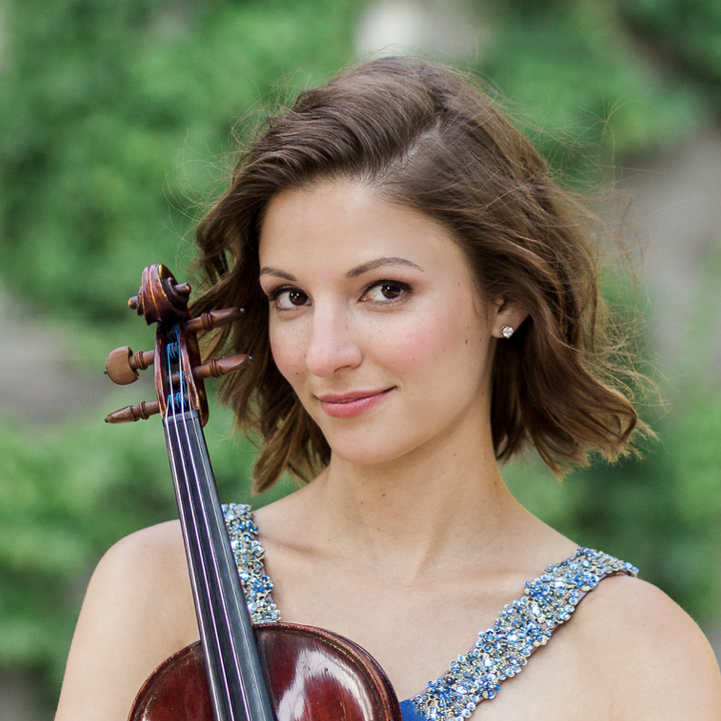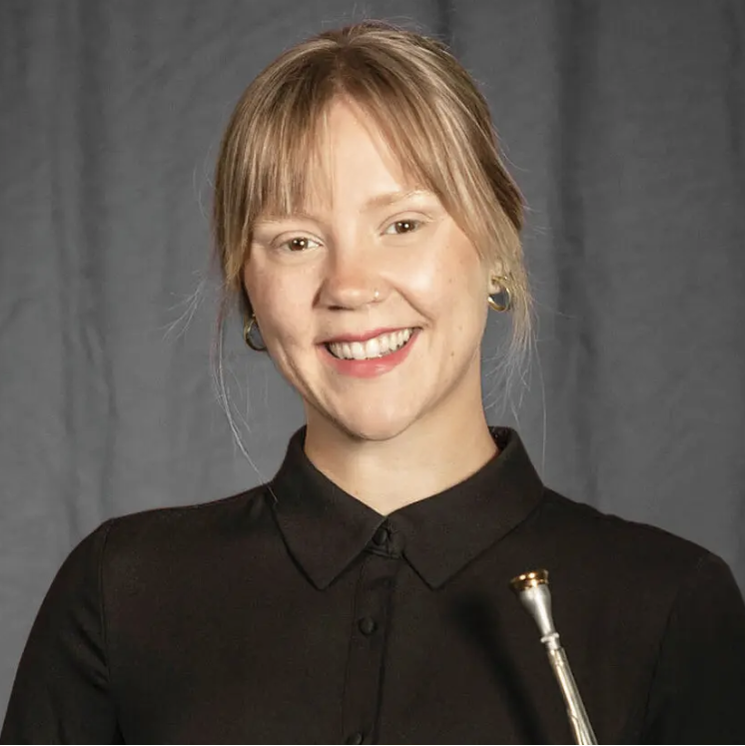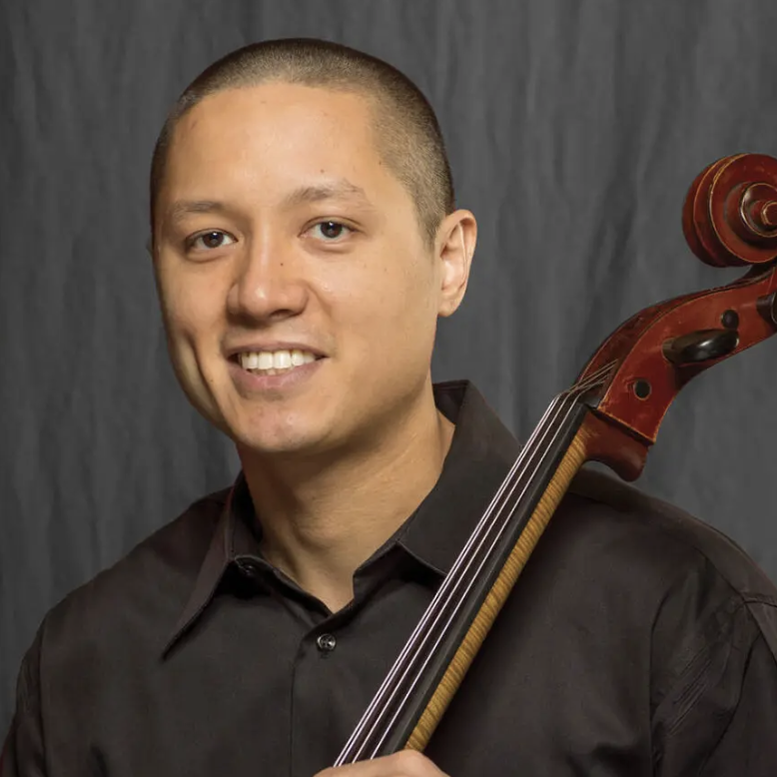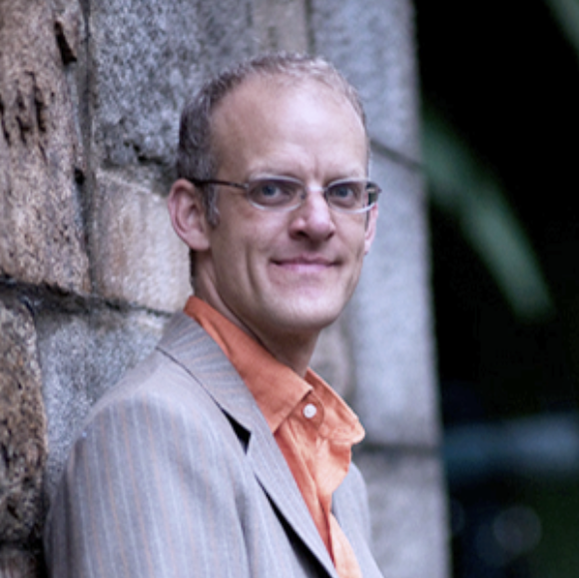Program
Poulenc: Sonata for Horn, Trumpet, and Trombone
I. Allegro moderato
II. Andante
III. Rondeau
Rossini: Duetto per violoncello e contrabasso
Brahms: Horn Trio in Eb Major , Op.40
I. Andante
II. Scherzo (Allegro)
III. Adagio mesto
IV. Allegro con brio
I. Allegro moderato
II. Andante
III. Rondeau
Rossini: Duetto per violoncello e contrabasso
Brahms: Horn Trio in Eb Major , Op.40
I. Andante
II. Scherzo (Allegro)
III. Adagio mesto
IV. Allegro con brio

